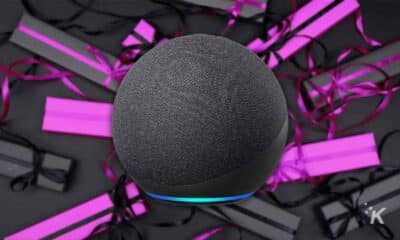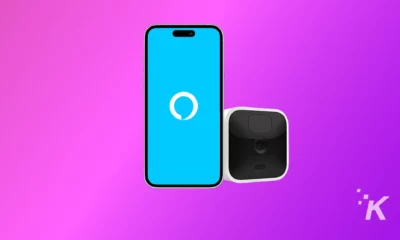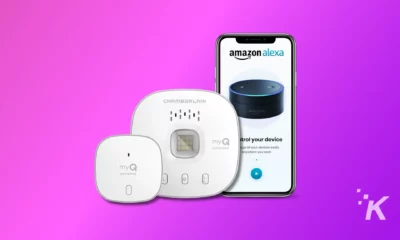Alexa
How to make Alexa listen for running water and beeping appliances
Let Alexa pay attention for you.
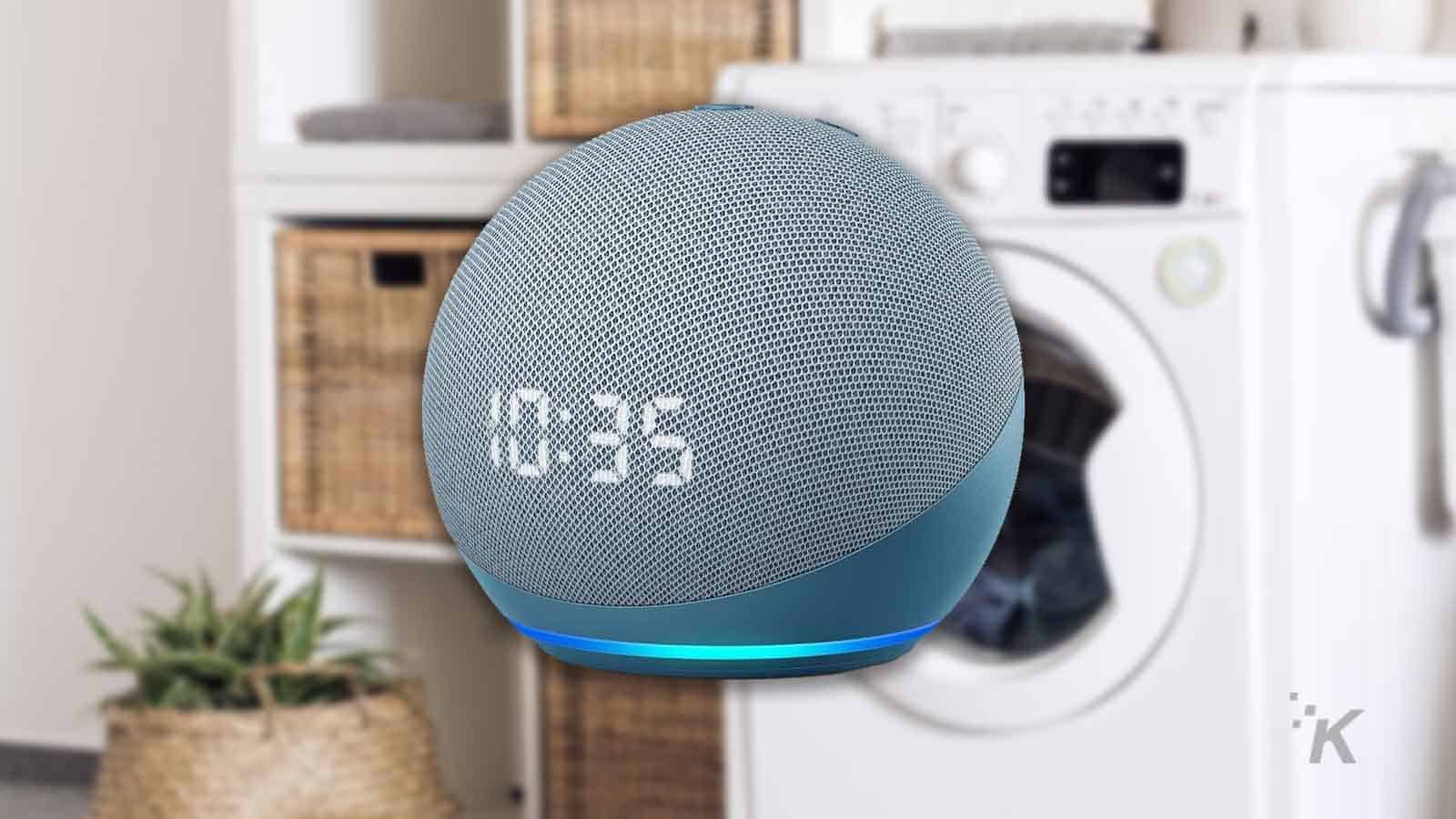
Just a heads up, if you buy something through our links, we may get a small share of the sale. It’s one of the ways we keep the lights on here. Click here for more.
Alexa seems to grow smarter every day. As her intelligence swells, Amazon’s AI assistant learns new skills and takes another step closer to complete automation—and perhaps sentience.
With sound detection routines, you can now have Alexa listen for running water and beeping appliances. Water detection could very well prevent a sink from overflowing or a burst pipe from going unnoticed.
On top of that, receiving an alert when your washing machine, oven, or other appliance has completed its task can be useful. Let’s run through the steps required to set up Alexa’s sound detection tool.
How to create an Alexa sound detection routine
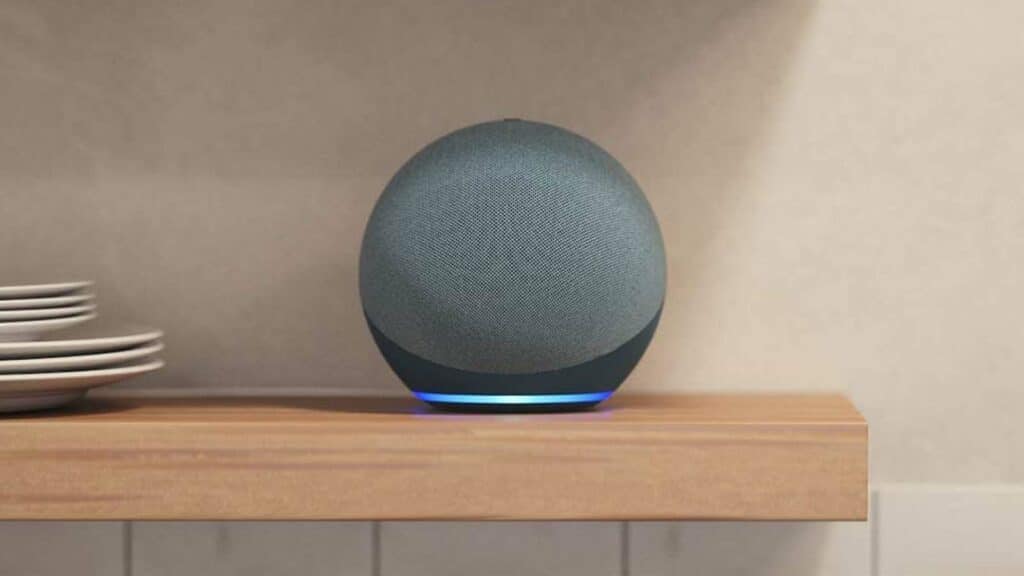
READ MORE: How to turn on follow-up mode on Alexa
You can configure Amazon’s smart assistant to listen for running water or beeping appliances by following these steps:
-
Launch the Amazon Alexa app on your mobile device
-
Tap More

-
Tap Routines

-
Tap Plus (+) above Create Routine and enter a name

-
Tap When this happens

-
Tap Sound Detection

-
Select Beeping Appliance or Water Sounds and complete the configuration process

-
Choose how Alexa reacts by tapping Add action on the routine creation screen and making a selection. Under Messaging you can opt to receive a notification when she detects the specified sound

You should ensure that the Alexa-enabled device you choose to do the listening is close to the source of the sound. Each Amazon Echo will only accept one sound detection routine at a time, so positioning is important if you have multiple speakers.
READ MORE: How to disable Amazon Alexa voice purchases
If you explore the sound detection menus, you’ll also see a whole bunch of other nifty options, such as listening for babies crying, dogs barking, and people snoring.
Your ears will soon be obsolete
Alexa is constantly learning to listen out for new things. As her technology improves and skillset evolves, she could eventually replace many of the functions of our feeble biological bodies.
While Alexa may not yet be as reliable as a living person—although she could outcompete some of us—she’s quite clever for a relatively recent AI assistant. Seeing what she learns next will be interesting.
Have any thoughts on this? Let us know down below in the comments or carry the discussion over to our Twitter or Facebook.
Editors’ Recommendations:
- Do you need an Amazon account to use Alexa?
- How to use Alexa to move music to different Amazon Echo devices
- Here’s how to redeem Amazon Prime Gaming rewards on Twitch
- How to stop Alexa’s Amazon shopping notifications
Just a heads up, if you buy something through our links, we may get a small share of the sale. It’s one of the ways we keep the lights on here. Click here for more.
























